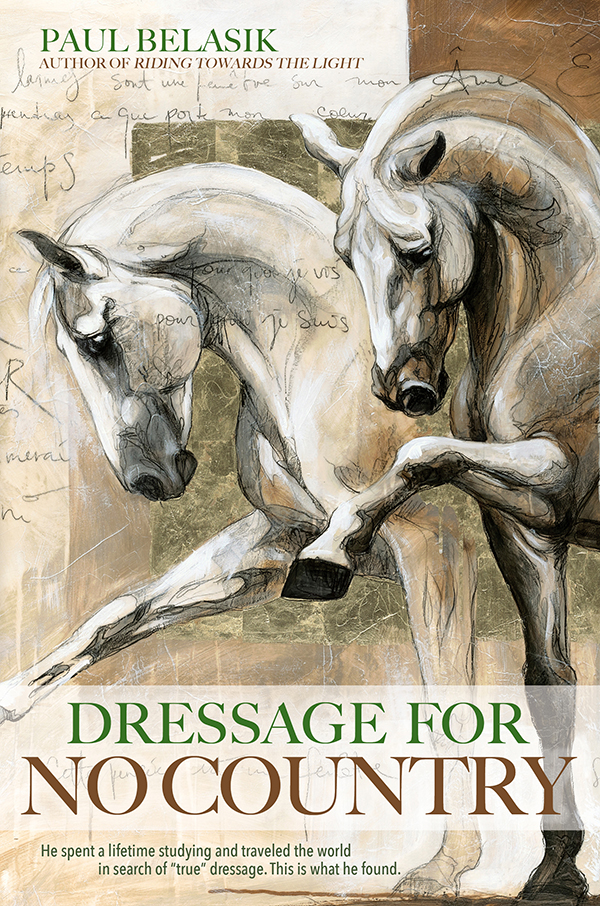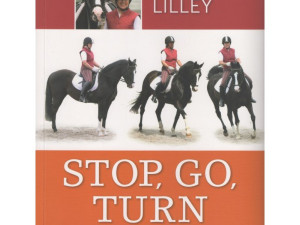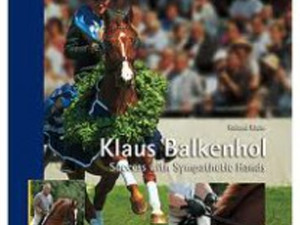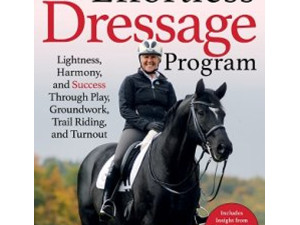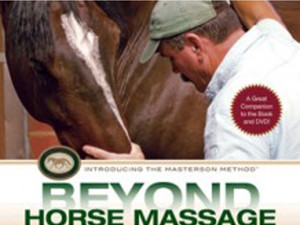Dressage For No Country Paul Belasik
$44.95
Dressage For No Country Paul Belasik
In this new book Paul Belasik shares a lifetime of searching and studying, both through stories of his own adventures and thoughtful essays on the subjects he has pondered during the years he has trained and ridden horses. Beginning in northern New York, and travelling to Portugal, and later, Vienna, Belasik serves as a tour guide of the various dressage “paths” he had the chance to explore, including the German system, the Portuguese art of equitation, and the revered institutions of the Spanish Riding School. Armed with the knowledge and experience he accrued over time, Belasik debates whether classical dressage and competition dressage are at all compatible. Then, he considers the role of mindfulness, how to become a good teacher, and how to be a good student in today’s horse world, providing the guideposts needed to take dressage–and riding, in general–the next step forward.
Out of stock
Description
Dressage For No Country Paul Belasik
In the 1970s, the sport of dressage was still in its infancy in the United States. Unlike the countries of Europe, there was neither an established tradition nor a written history to educate and inspire. A rider intent on learning the discipline had to be prepared to travel, to immerse himself in other cultures, and to care only for what those who had already mastered the art might teach him. Paul Belasik was this rider. He was intent on learning all he could about dressage methodology, and was willing and able to compare and contrast the various means for achieving related goals: beautiful movement, “lightness,” connection between two beings.
In these pages he shares a lifetime of searching and studying, both through stories of his own adventures and thoughtful essays on the subjects he has pondered during the years he has trained and ridden horses. Beginning in northern New York, and travelling to Portugal and, later, Vienna, Belasik serves as a tour guide of the various dressage “paths” he had the chance to explore. These paths included the German system, the Portuguese art of equitation and the revered institutions of the Spanish Riding School. Armed with the knowledge and experience he accrued over many years, Belasik debates whether classical dressage and competition dressage are at all compatible. Then he considers the role of mindfulness, how to become a good teacher and how to be a good student in today’s horse world, providing the guideposts needed to take dressage –and riding in general–the next step forward.

